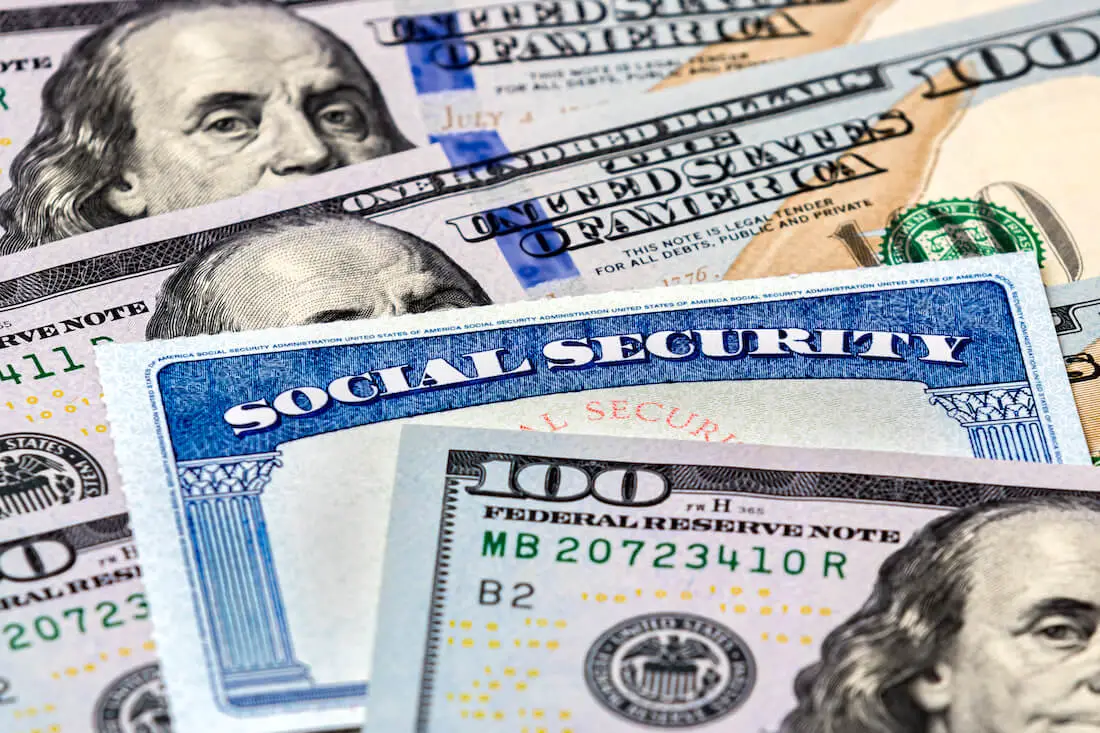Picking the right time to retire has a huge impact on the retirement benefits that you are entitled to at the end of your career. While there is no “perfect” age that makes sense for every federal employee under the Federal Employees Retirement System (FERS), there are major incentives for retiring at 62 or later.
10% Bonus
The normal FERS pension calculation looks like this:
Years of Service x High-3 Salary x 1% = Gross Annual Pension
So if someone had 30 years of service, and a high-3 of $100,000, their gross annual pension would be:
30 x $100,000 x 1% = $30,000
Now, when a FERS federal employee retires at 62 or later and has at least 20 years of service, the 1% from the previous formula changes to 1.1%. This means that your pension will be 10% higher for the rest of your life!
If we use the same facts as above, the equation would be:
30 X $100,000 X 1.1% = $33,000
Social Security is Immediately Available
Another big perk of retiring at 62 or later is that you are immediately eligible to start Social Security if you choose to. This doesn’t mean that every FERS federal retiree should start it at 62, but it is available if it makes sense for you.
While this article is not an in depth review on when you should start Social Security, here are some generic thoughts:
Good Reasons to start it at 62
- You need the income
- You are single and have health issues
- Your spouse Is older than you and has lower benefits
Some Bad Reasons to start it at 62
- You are married, are the higher wage-earner, and think you will die early
COLAs Right Away
Another perk of retiring at 62 or later is that you will begin to receive COLAs on your pension right away. COLAs, or Cost of Living Adjustments, are annual increases to your pension that are incredibly helpful in maintaining your standard of living in retirement.
For those FERS retirees that retire before age 62, they don’t start receiving COLA’s until they hit age 62. This can often put a strain on your someone’s Thrift Savings Plan (TSP) if they are not careful to watch their expenses during these years.
Final Thoughts
Here are a few additional advantages of retiring at 62 or later:
- Since you are past age 59 and ½, you don’t have to worry about early withdrawal penalties from retirement accounts.
- Your pension will not only get the 10% bonus at 62 and 20 years but it will also increase because you simply have more years of service.
- Retiring at 62 or later often gives you more time to put money aside in your TSP.
With all this being said, for some people it is still not worth working until age 62 to get these benefits. You will have to look at your situation to see what makes the most sense for you and your family.




